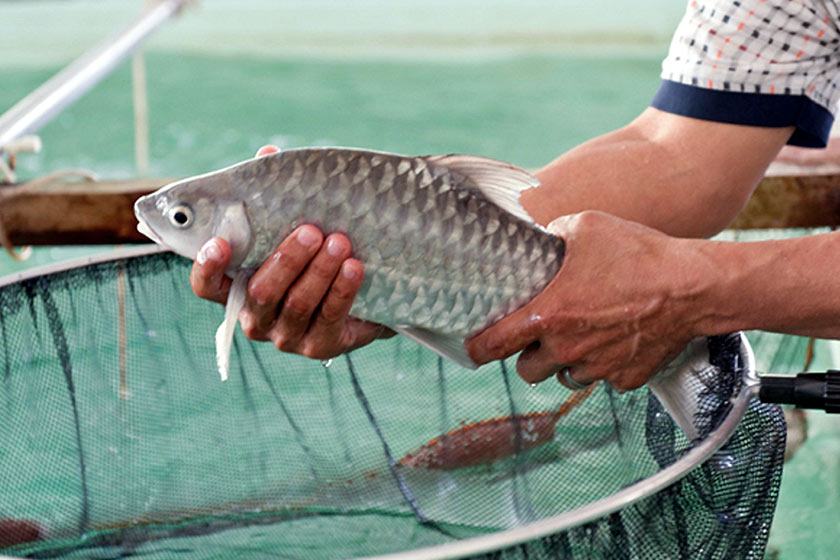Empurau Fry: These are the juvenile Empurau fish. They are typically small in size and are often raised in controlled environments such as fish farms or hatcheries.
Empurau fry are cultivated with care to ensure their healthy growth and development into mature fish.
Empurau Induk: These are the mature breeding Empurau fish. They are prized for their larger size and are usually the target catch for fishermen. Empurau Induk are known for their rich taste and tender flesh, making them highly valued in culinary circles.
Empurau fish farming in Malaysia refers to the cultivation of the highly prized Empurau fish species in aquaculture systems within the country. Empurau, scientifically known as Tor tambroides, is a species native to Malaysian rivers and is renowned for its delicate taste and firm texture, making it a highly sought-after delicacy in Asian cuisine.
The farming of Empurau fish involves rearing them in controlled environments such as ponds or cages, where water quality, temperature, and feed are carefully managed to ensure optimal growth and health. Due to its high market value, there has been increasing interest in commercial Empurau farming as a lucrative business venture in Malaysia.
However, Empurau farming faces several challenges, including the need for specialized knowledge in fish husbandry, the availability of suitable breeding stock, and the sustainability of feed sources. Additionally, there are environmental concerns related to the impact of fish farming on local ecosystems and water quality.
Despite these challenges, the cultivation of Empurau fish presents significant economic opportunities for Malaysian fish farmers, especially in regions where the species is endemic. With proper management practices and sustainable approaches, Empurau farming has the potential to contribute to Malaysia’s aquaculture sector and meet the growing demand for this prized fish both domestically and internationally.


